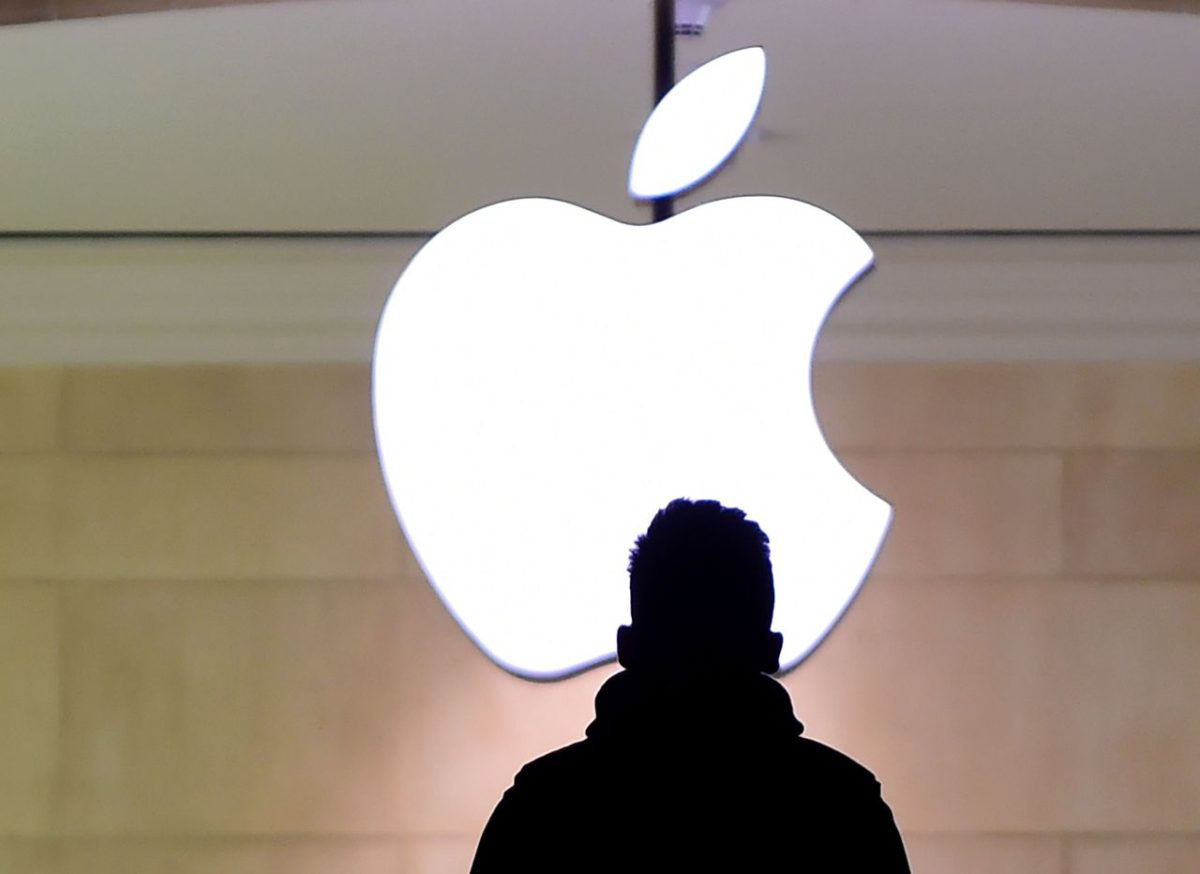Quooker produces boiling water taps, creating a luxury in the kitching. The company has strong competitive position and is leading the boiling water tap market. It is a young and innovative company, which can not only by seen by their innovative IT strategy, but also by paying a lot of attention to the environment. Sustainability is an important factor within the company, expressed by a sustainable office driven by solar-energy.
As said, Quooker handles an innovative IT strategy, using multiple software systems for multiple causes. However, the organization is not completely flawless. The most important flaw is the internal communication in the organisation. There is a lot of miscommunication between departments, resulting in increasing separation within the company. The consequence is that employees make many wrong assumptions which lead to a few bottlenecks within the organisation.
Since the organisational structure model of Laudon & Laudon (1988) does not hold for Quooker, the bottlenecks of such a flat organisation should be pointed out. All bottlenecks that were discovered, are attributable to the common term ‘internal communication’. In order to optimize internal communication, the factors ‘response time’, ‘transparency’, ‘cooperation’ and ‘culture’ are identified as the dominant metrics.The first problem that is addressed by the proposed information system, is that of information asymmetries between separate business units within Quooker. Principal-agent problem, moral hazard and lack of information flows can endanger operational processes. In fact, this coordination problem is fairly easy to resolve, at least to some extent. The new IS, called ‘Intranet’, encompasses a system of information flows that improve information redistribution throughout the firm.
The implementation of an intranet would have the following effects on the dominant metrics we distinguished: Response time. If business units are able to interact quicklier and it is easier to navigate to a person/ business unit of interest, the response time straightforwardly decreases.Transparency. By implementing the Intranet, departments are obliged to share key performance information, which can subsequently be easily monitored by other departments, improving the transparency within the organisation. Cooperation. The implementation of the system provides a better internal communication system which is very helpful to improve cooperation between employees and departments. Culture. It is hard to maintain the family culture within Quooker, especially because the firm is growing and a lot of new employees are being hired. It is believed an informal system can boost internal communication and restore social cohesion and most of all the family business culture.
The recommendations we make to the management and how the new technology should be implemented is shown in the following youtube video:
https://www.youtube.com/watch?v=u2ne6NLLsEo
Group: 27
Referencies:
- Laudon, K.C. and Laudon, J.P. Management Information Systems, (2nd edition), Macmillan, 1988.
- Woltjes, G. (2016). A Manager’s View on the Organisation.



